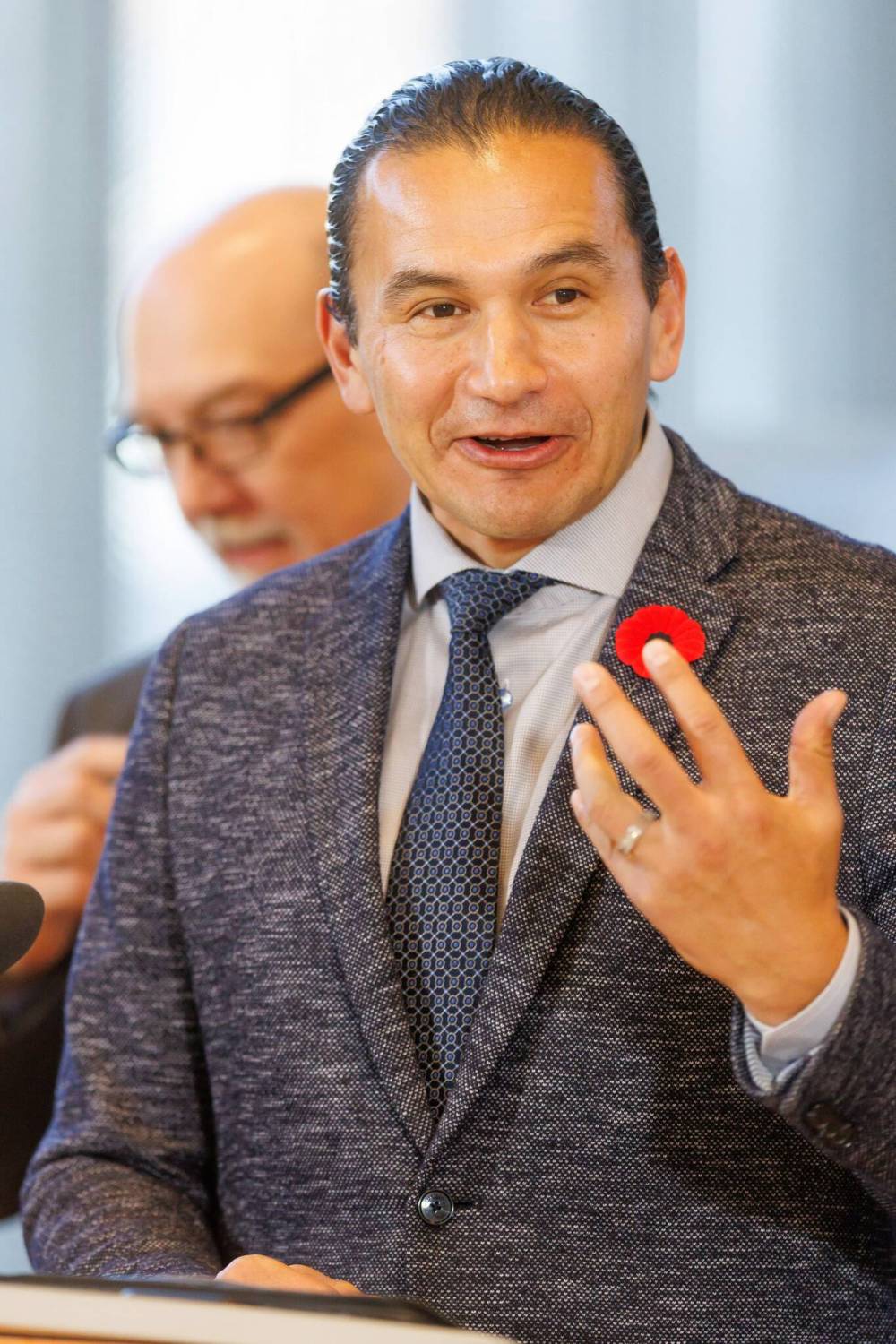The city of Winnipeg, the province and revenue
Advertisement
Read this article for free:
or
Already have an account? Log in here »
To continue reading, please subscribe:
Monthly Digital Subscription
$1 per week for 24 weeks*
- Enjoy unlimited reading on winnipegfreepress.com
- Read the E-Edition, our digital replica newspaper
- Access News Break, our award-winning app
- Play interactive puzzles
*Billed as $4.00 plus GST every four weeks. After 24 weeks, price increases to the regular rate of $19.00 plus GST every four weeks. Offer available to new and qualified returning subscribers only. Cancel any time.
Monthly Digital Subscription
$4.75/week*
- Enjoy unlimited reading on winnipegfreepress.com
- Read the E-Edition, our digital replica newspaper
- Access News Break, our award-winning app
- Play interactive puzzles
*Billed as $19 plus GST every four weeks. Cancel any time.
To continue reading, please subscribe:
Add Free Press access to your Brandon Sun subscription for only an additional
$1 for the first 4 weeks*
*Your next subscription payment will increase by $1.00 and you will be charged $16.99 plus GST for four weeks. After four weeks, your payment will increase to $23.99 plus GST every four weeks.
Read unlimited articles for free today:
or
Already have an account? Log in here »
Hey there, time traveller!
This article was published 09/11/2024 (352 days ago), so information in it may no longer be current.
Premier Wab Kinew won’t say if he supports new forms of taxation or a revamped funding formula for the City of Winnipeg.
He will have to make up his mind soon. City Hall is facing a financial crisis that will either force it to dramatically cut services, substantially raise property taxes — or both — if it does not get access to new forms of revenue.
The city has nearly drained its financial stabilization fund, which it has relied on in past years to balance its tax-supported operating budget. By law the city must balance its books. However, without that fiscal cushion, city council will have no choice but to take other steps — likely drastic ones — to remain in the black.

MIKE DEAL / FREE PRESS
Manitoba Premier Wab Kinew
The city has hired a polling firm to ask Winnipeggers which options they prefer to deal with the looming fiscal crisis. Those include new taxes on alcohol, online deliveries, vehicle registration, vacant homes, commercial parking and land transfers. Other options include a boost in provincial grants, cutting some city services or raising property taxes beyond the current 3.5 per cent annual rate.
Any new taxes would require provincial approval.
The city and the province have been in talks in recent months over which options to pursue, but so far no new deal has been approved. Time is now running out.
When asked last week about new possible taxes or other revenues for the city, Kinew did not directly answer.
“We want to see services strong, we want to see roads getting fixed,” the premier said. “Affordability is really top of mind … we got to keep life affordable for the average person out there.”
However, the city will not be able to maintain those services unless it can figure out how to pay for them. Absent a new funding deal from the province, or some new form of taxation (preferably ones that grow with the economy), the city would have to cut services or raise property taxes, the likes of which Winnipeg homeowners and businesses have not seen for decades — perhaps ever.
If Kinew is concerned about affordability, he should not want the city to choose the latter, since higher property taxes would disproportionately affect lower income people. Since the premier also wants the city to maintain services, he should be looking at ways of ensuring the city has the means to pay for them.
“We need to be creative in how we’re going to generate revenue,” Coun. Evan Duncan said last week. “And being creative is not going, ‘Hey, property owner or homeowner, it’s your turn. Yet again.’ That’s old. We need to think of new ways to generate revenue.”
The NDP government did not create this problem, they inherited it from previous governments. The former Progressive Conservative government made matters worse by freezing the city’s operating grants for several years.
Still, this problem has been festering for a long time. City hall watchers have known for years that the city’s over-reliance on property taxes would one day catch up with it. That day is now.
Winnipeg’s population has grown by 65,000 people over the past three years but city hall has not seen a corresponding revenue increase to service those people, said Mayor Scott Gillingham.
Time is of the essence. Kinew and his government will have to make up their minds very soon on how they plan to tackle this problem. If they don’t, they may not like what city hall may be forced into doing.



